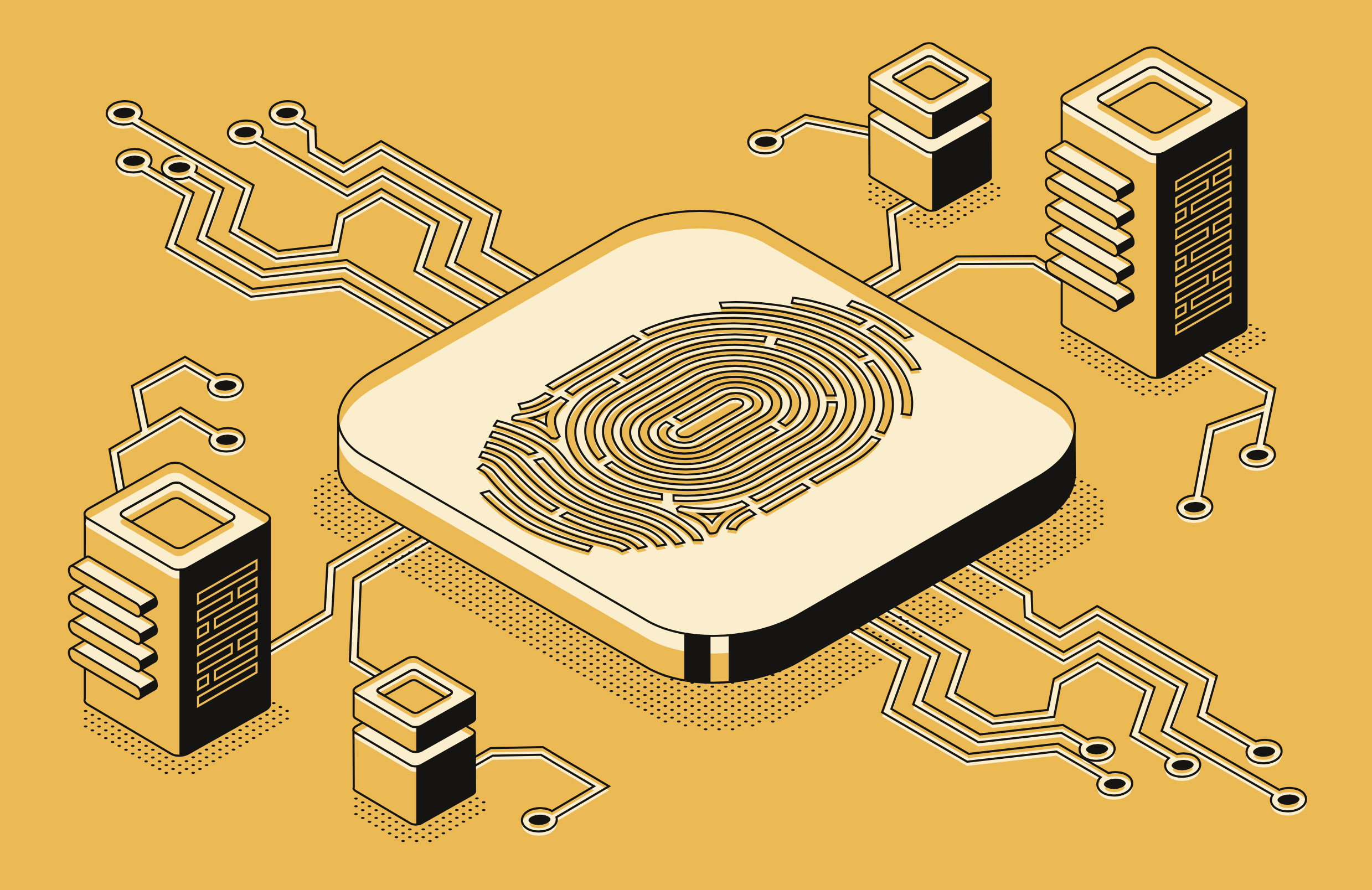
A smart contract is a coded contract that can automate the entire process based on a blockchain and make the contract self-executing in nature. A smart contract’s principles are based on computer code that automatically executes all or parts of an agreement. Smart contracts are typically used to automate an agreement’s execution so that all participants can be immediately sure of the outcome without the need for an intermediary organisation to verify, validate or partake in the contract. Smart contracts are stored on a blockchain data-based platform to ensure immutability and scrutiny as well as security across the network.
The Insurance Industry Adopts Smart Contracts
Regular contracts are designed to enforce the terms of an agreement, so too are ‘smart contracts’ coded with the terms of the structured agreements that are enforceable by law. Generally, a smart contract dictates how the terms of payment are to be met, the terms between the exchange, the cryptocurrency or currencies used as the payment method, ownership rights, and all the critical intricacies of the deal.
Supply chains are beginning to use smart contracts with insurance companies to enable programmable claims against goods that arrive damaged or do not arrive on time. In certain circumstances, time is a critical issue, especially with perishable goods or biomaterials. The outdated methods of making claims are fast becoming redundant in a world where efficiency and speed are requirements of conducting regular business interactions.
The object for insurance companies is to reach a real-time engagement between parties that is automated, immutable and provides the security of the blockchain network with feedback loops for auditors and governing bodies to regulate and measure statistical data effectively.



